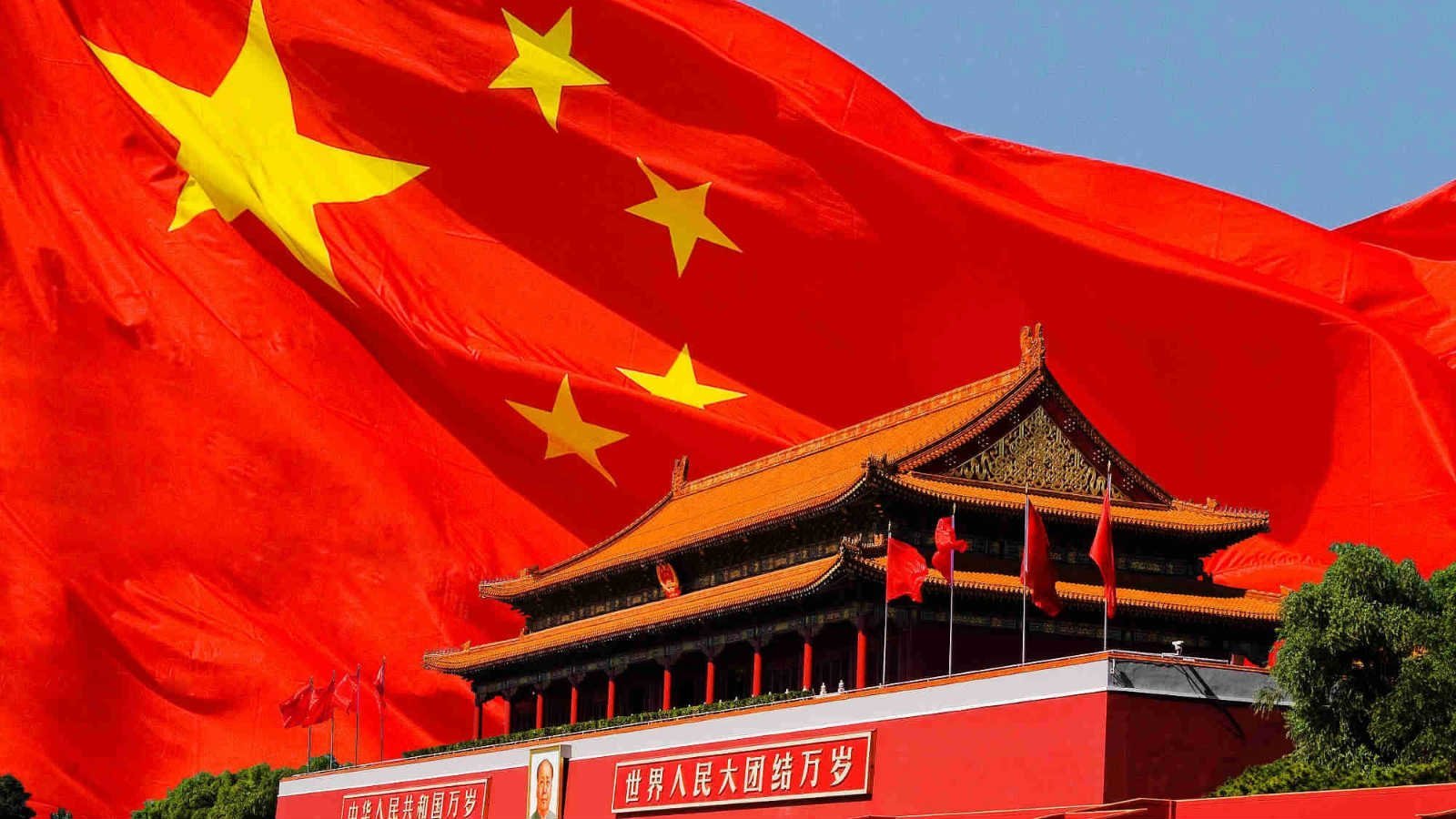
China has expanded its use of critical minerals as a trade weapon by restricting exports of rare earth metals, a move that could shake global supplies of key materials used in high-tech manufacturing from electric vehicles to weapons.
This was reported by URA-Inform with reference to Bloomberg.
According to Bloomberg, the new measures were announced amid trade tensions between the United States and China over the introduction of tariffs on Chinese goods by the administration of US President Donald Trump.
China accounts for nearly 70 percent of global rare earth production, according to the U.S. Geological Survey. China’s control over a variety of niche commodities has long been seen as a potential geopolitical weapon, given Washington’s reliance on Chinese supplies.
“Beijing has already imposed similar restrictions on other important minerals such as gallium, germanium, graphite and antimony over the past two years amid rising trade tensions,” Bloomberg adds.
Beijing said it was reviewing export policies to address national security concerns, particularly dual-use items that could have military applications, such as samarium, gadolinium, terbium, dysprosium, lutetium, scandium and yttrium, which would be subject to stricter export controls.
“The latest export controls are not a complete ban, but they mean that any overseas shipments will be subject to greater scrutiny of who is buying and why. Exports of other metals have fallen to zero since the controls were introduced, and exporters are taking time to get certified,” the publication notes.
The move sent shares of the companies up sharply on Monday, with China Rare Earth Holdings Ltd. rising 10% in Hong Kong. China Northern Rare Earth Group added 9.2% and Australia's Lynas Rare Earths Ltd. gained 5.1%. Meanwhile, analysts at Citic Securities Ltd. said the new controls could further strengthen the global offering.
“Beijing's policy protects China's national security interests and enhances the strategic value of investing in the rare earth element industry chain,” the analysts noted.
Despite the tighter controls, two of the most common and industrially important elements, neodymium and praseodymium, are not yet on the list. This could be an attempt by Beijing to retain the option to impose restrictions on them in the future, according to Professor David Abraham of Boise State University in Idaho.
In addition, these elements are more readily available outside of China, reducing the effectiveness of potential export pressure.
In turn, the China Non-Ferrous Metals Association stressed that export controls are not intended to disrupt international trade. According to industry representatives, companies that do not engage in activities that harm China's national security or development interests are not subject to restrictions in their normal commercial activities.
Recall that it was previously reported that Tehran responded to Trump: the Iranian army has been put on full combat alert.
